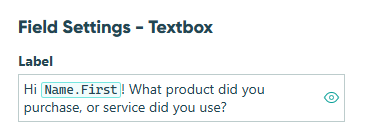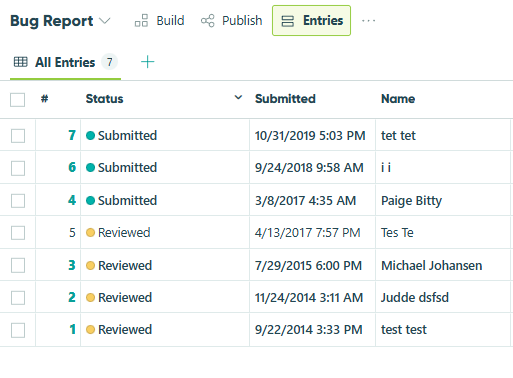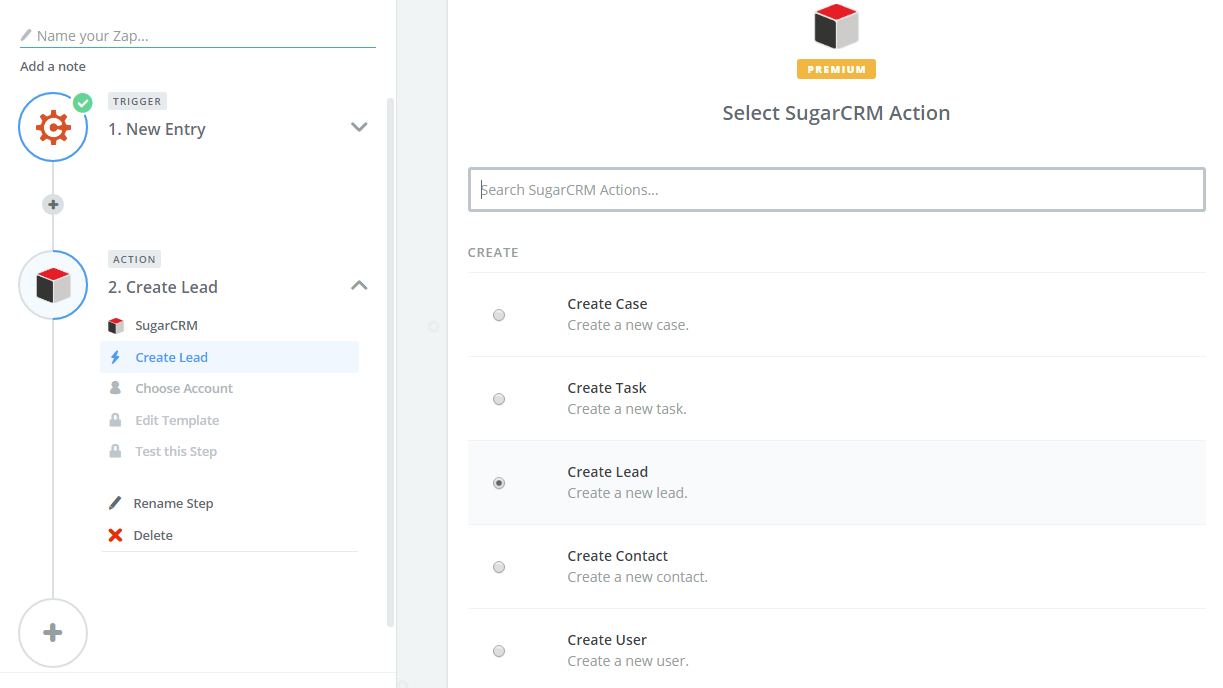Being more productive in 2022 means being more efficient – and that means automation.
With the new year approaching, there’s no better time to simplify your business processes and boost workplace productivity. Automating repetitive, day-to-day tasks reduces the chance for human error and frees up time for employees to focus on more strategic projects.
If you’ve been following our Automation Basics series, you’ll be familiar with the process of identifying a business problem, outlining a new workflow, and picking an application to use for your automation.
In this article, you’ll learn some easy ways to build, automate and manage key business tasks. These are forms you can set up in a night, and have working for you by 2022.
Job applications
For Human Resource professionals, the days of shifting through piles of paper job applications are long gone. Streamlining your hiring process not only saves time – it also creates a smoother application experience to help get more talent in the door.
To simplify your job hiring process:
-
Get started with our free Job application form template.
-
Update the email notification settings to route applications directly to the appropriate hiring managers.

-
Embed the form on your website to reach potential employees where they are – online.
-
View, search, and filter applications on the Entries page.
Expense reports
Expense reports are a necessity for most businesses, but manually processing those reports can be tedious and costly.
To streamline expense reporting:
- Get started with our free Expense Report form template.
- Update the email notification settings to immediately notify the accounting department when new reports are submitted. Plus, enable Save & Resume to allow employees to start a report and come back later.
- Track and manage submitted reports on the Entries page.

Customer surveys
When was the last time you asked customers for their thoughts? Customer feedback is a treasure trove of insight for your business, and an online form is the easiest way to get it.
To create effective customer surveys:
-
Get started with our free Customer Survey template. This template uses the Lookup field feature to populate a dropdown list with store locations and the corresponding location information. Alternatively, use our simple Customer Satisfaction Survey template.
-
Update the email notification settings to automatically route surveys to the correct store manager based on user input.
-
Take advantage of text piping (also referred to as “question piping”) to further personalize your survey. For example, including the customer’s name in a question is a little detail that can make a big impact.

-
Export your survey data to Excel to compare and analyze the results.
Bug reports
When it comes to issues affecting your company’s website or tech equipment, time and efficiency is of the utmost importance. Automating bug reports expedites fixes and increases uptime.
To collect detailed bug reports:
- Get started with our free Bug Report form template, or build your own from scratch. Make sure to collect all the details you need, such as steps to reproduce the issue or visual proof in the form of screenshots/videos.
- Use conditional logic to update the email notification settings and automatically route reports to the right person or department based on the type of bug or request.
- View submitted reports on the Entries page to organize and prioritize bug fixes.

Sales leads
Need a better way to generate leads and prospects for your business? A well-designed sales lead form can help capture potential leads while they’re hot.
To capture new sales leads:
- Get started with our free Sales Lead form template. Or, keep things short and sweet with our Short Lead Capture form.
- Update the email notification settings to route new leads directly to the right person.
- Embed the form on your website to start collecting new leads.
- Integrate your form with your existing CRM software to automatically create a new lead whenever a new form entry is submitted.

We hope these automations help you increase your business efficiency this year (and in the years to come). If you’d like to learn more about building forms, check out our user guide library.
